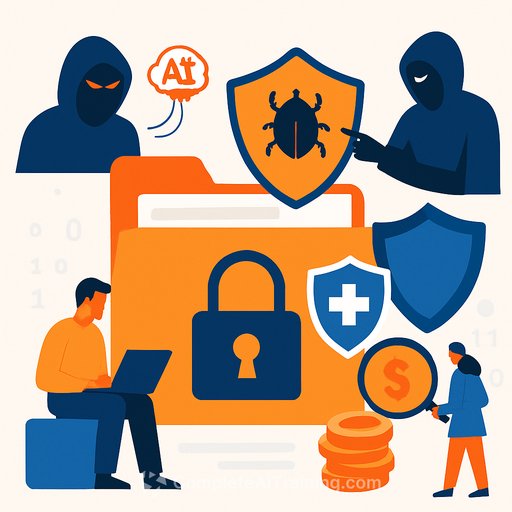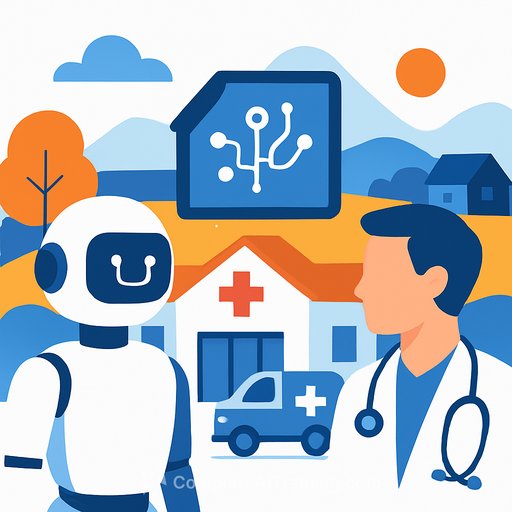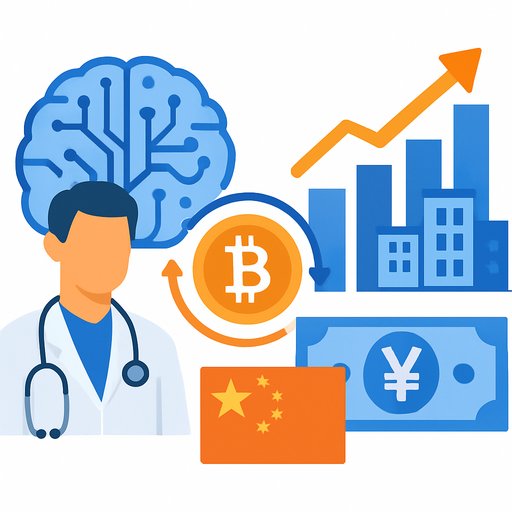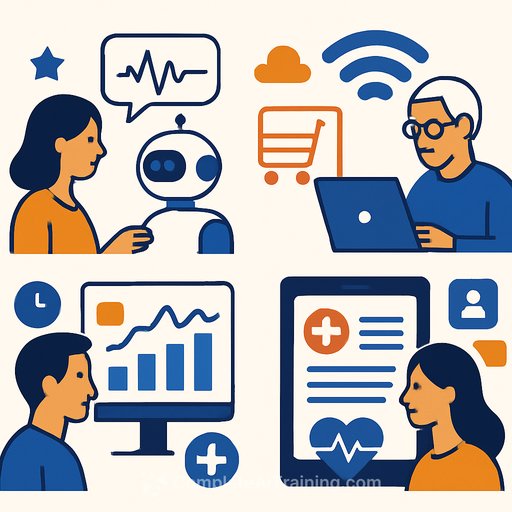The high cost of healthcare data breaches and the rise of AI threats
The healthcare industry continues to face the highest costs from data breaches compared to any other sector. According to a recent IBM report, the average cost to healthcare organizations for a data breach reached $7.42 million. This marks the 14th year in a row that healthcare leads in breach expenses, although the figure has decreased from previous years' highs of nearly $11 million.
While the drop in average breach costs is a positive sign, healthcare data breaches still cost about $3 million more than the global average across all industries. The prolonged time healthcare providers take to detect and contain breaches—averaging 279 days—adds to the financial and operational impact.
AI’s dual role: defense and attack
Healthcare systems are increasingly integrating AI tools to strengthen cybersecurity. Automation and artificial intelligence help detect and respond to breaches faster, potentially limiting damage and reducing costs. However, attackers are also leveraging AI to improve their tactics.
Ransomware groups now use AI to craft highly convincing phishing emails without the spelling errors or awkward language that once made attacks easier to spot. These AI-generated messages appear credible, making phishing the top method attackers use to breach healthcare organizations.
AI also enables attackers to develop malware faster, even without deep coding skills. This accelerates their ability to infiltrate systems and increases the risk for healthcare providers.
Governance gaps and shadow AI risks
Despite the growing use of AI, many healthcare organizations lack comprehensive policies to govern these technologies. Nearly two-thirds of breached organizations do not have formal AI governance in place, and only a third regularly audit for unauthorized AI use.
An emerging concern is "shadow AI"—the use of AI tools by employees without official approval. This practice often happens silently and can introduce vulnerabilities if sensitive data is involved. One in five organizations reported breaches linked to shadow AI, with those organizations facing breach costs significantly higher than those managing AI use carefully.
Protecting healthcare in an AI-driven cyber landscape
Healthcare leaders must prioritize developing clear AI governance policies and implement strict access controls to safeguard their AI models and applications. Monitoring unauthorized AI use and educating staff about phishing risks are essential steps.
With AI advancing on both sides of cybersecurity, healthcare organizations need to stay vigilant. The growing sophistication of attacks, combined with governance gaps, suggests cyber threats could become more severe in the near future.
For healthcare professionals looking to understand AI’s impact on cybersecurity and learn practical skills, resources like Complete AI Training offer courses that cover AI tools, governance, and security best practices.
Your membership also unlocks:






